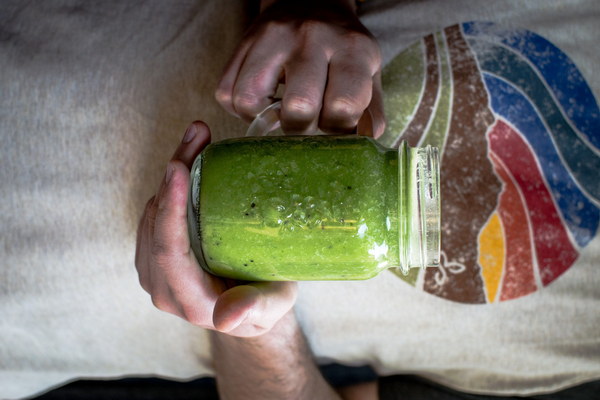Breath Easy Tips for Lung Care and Detoxification for Smokers
Introduction:
Smoking is a well-known risk factor for various respiratory conditions, and its detrimental effects on lung health are undeniable. However, for those who continue to smoke, there are steps they can take to care for their lungs and promote detoxification. This article outlines some effective strategies for smokers looking to improve their lung function and overall respiratory health.
1. Increase Hydration
One of the simplest ways to support lung health is by staying hydrated. Drinking plenty of water helps to thin the mucus in the lungs, making it easier to expel and reducing the risk of infections. Aim for at least eight glasses of water per day, and consider adding a squeeze of lemon or cucumber for added flavor and respiratory benefits.
2. Practice Deep Breathing Exercises
Deep breathing exercises, such as pranayama or diaphragmatic breathing, can help improve lung capacity and oxygenation. These exercises can be particularly beneficial for smokers as they encourage the lungs to fully expand and contract, facilitating the removal of stale air and promoting the intake of fresh oxygen.
3. Include Lung-Healthy Foods in Your Diet
A diet rich in lung-healthy foods can support the respiratory system and aid in detoxification. Incorporate the following into your meals:
- Antioxidant-Rich Vegetables: Foods like spinach, kale, broccoli, and carrots contain high levels of antioxidants that help protect the lungs from oxidative stress caused by smoking.
- Fruits High in Vitamin C: Citrus fruits, strawberries, and bell peppers are excellent sources of vitamin C, which can help reduce the risk of lung infections and improve lung function.
- Nuts and Seeds: Almonds, walnuts, and sunflower seeds are rich in omega-3 fatty acids, which have anti-inflammatory properties and can help reduce lung inflammation.
- Garlic: Garlic contains allicin, a compound that may have anti-inflammatory and antimicrobial effects, helping to combat respiratory infections.
- Turmeric: This spice contains curcumin, a compound with powerful anti-inflammatory properties that can help reduce lung inflammation and improve lung function.
4. Avoid Irritants
Smokers should make a conscious effort to avoid environmental irritants that can further damage their lungs. This includes secondhand smoke, dust, pollen, and air pollution. Using air purifiers, wearing masks when necessary, and minimizing exposure to these irritants can help protect the lungs.
5. Regular Exercise

Regular physical activity, especially aerobic exercise, can improve lung function and overall cardiovascular health. Engaging in activities such as walking, jogging, swimming, or cycling can help increase lung capacity and enhance oxygen exchange, promoting better respiratory health.
6. Consider Lung-Care Supplements
While there is no substitute for quitting smoking, certain supplements may help support lung health. These include:
- Vitamin E: An antioxidant that may help reduce lung inflammation and improve lung function.
- Beta-Carotene: A precursor to vitamin A, beta-carotene can help protect the lungs from oxidative stress.
- N-acetyl cysteine (NAC): An amino acid that can help break down mucus and may have anti-inflammatory effects.
7. Seek Professional Advice
If you are a smoker concerned about lung health, it is crucial to consult with a healthcare professional. They can provide personalized advice and may recommend additional tests or treatments to support lung function and prevent respiratory diseases.
Conclusion:
While smoking is a significant risk factor for lung disease, there are steps smokers can take to care for their lungs and promote detoxification. By increasing hydration, practicing deep breathing exercises, eating a lung-healthy diet, avoiding irritants, engaging in regular exercise, considering supplements, and seeking professional advice, smokers can take proactive steps towards better respiratory health. Remember, the best way to protect your lungs is to quit smoking, but these strategies can provide support along the way.









